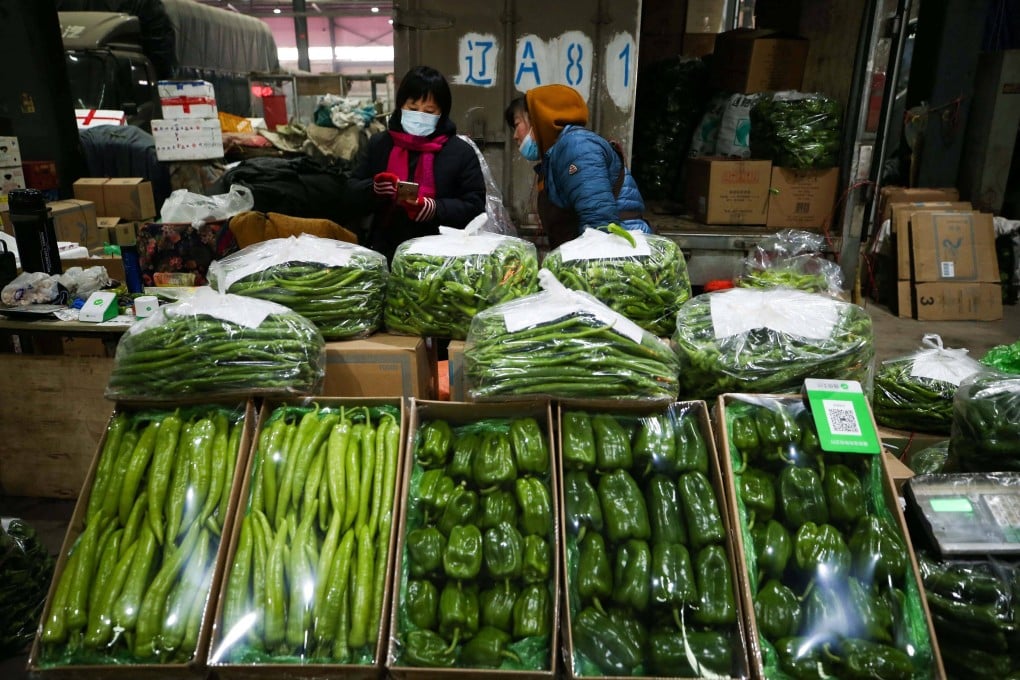China’s Xi Jinping puts focus back on food security
- Ensuring supplies of primary products a major strategic issue, Xi tells Communist Party inner circle
- Country must also ensure there’s no large-scale return to poverty, he says

During a Politburo Standing Committee meeting before the annual Central Rural Work Conference in Beijing on the weekend, Xi said that ensuring the supply of primary agricultural products was an important strategic issue, state broadcaster CCTV reported on Sunday.
“The food of the Chinese people must be made by and remain in the hands of the Chinese,” he was quoted as saying. “Everyone needs to take responsibility for food security.”
He called for strategic planning and protection of agricultural land, and more cultivation of soybean and oilseed crops.
“In order to achieve rural revitalisation, we must consolidate the fruits of poverty alleviation,” he was quoted as saying. “We must ensure there’s no large-scale return to poverty.”
Earlier, Premier Li Keqiang told a State Council meeting that food production needed to be strengthened, agricultural land protected, and the prices of agricultural inputs stabilised.
